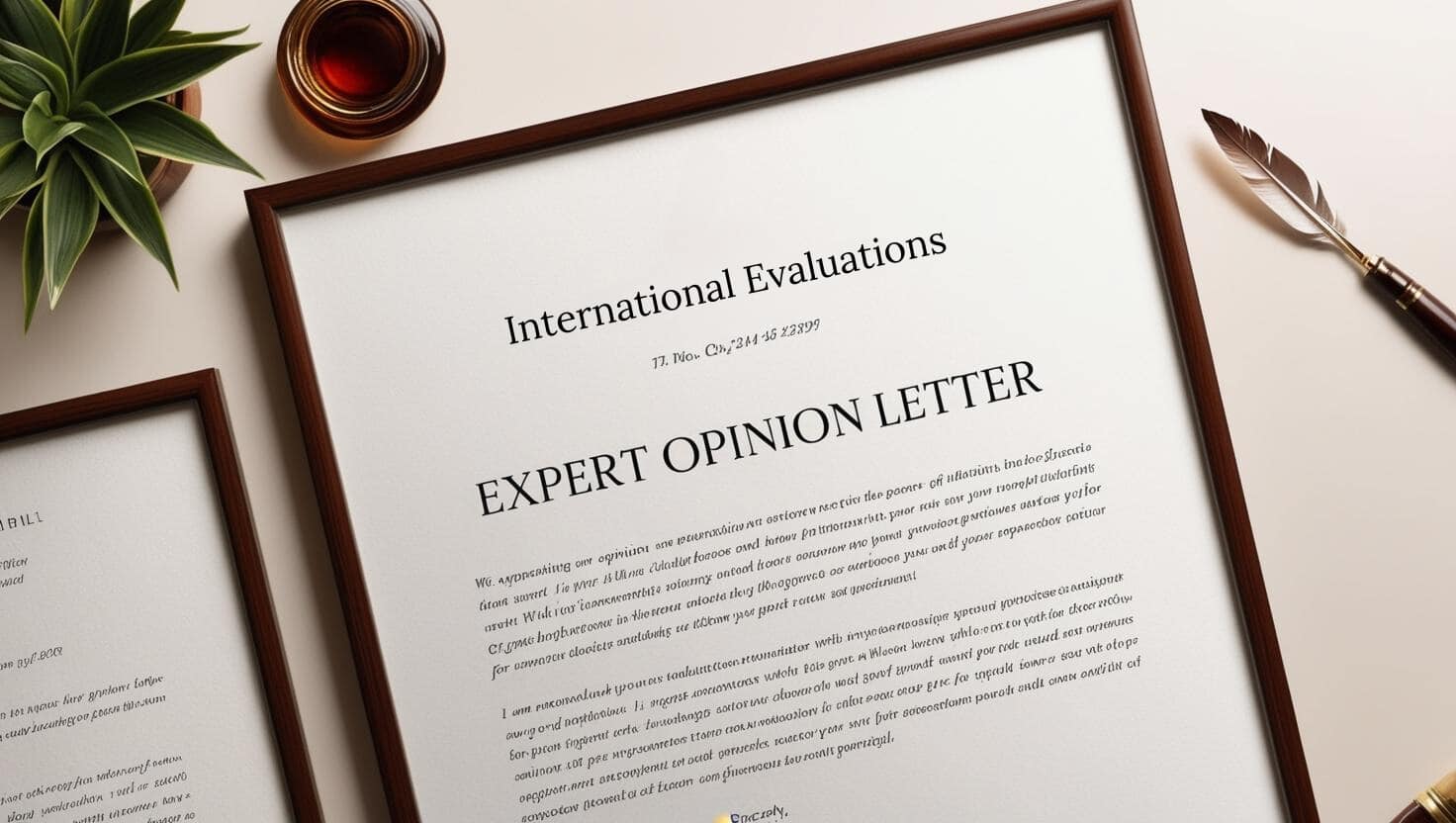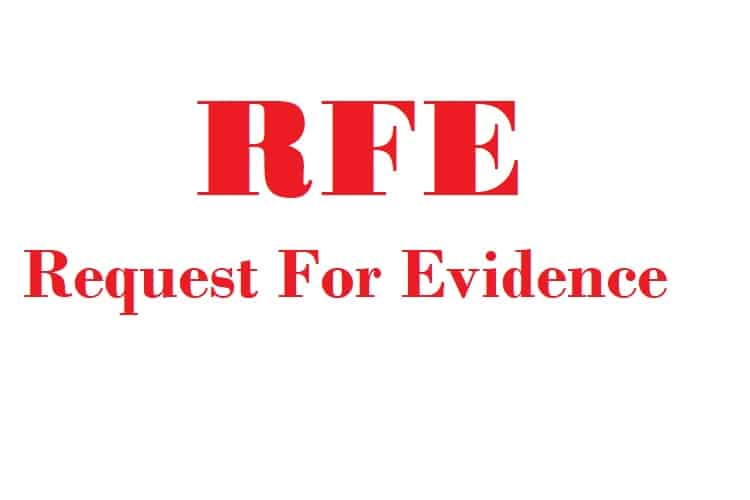Introduction
In a progressively interconnected world, instructional credentials gotten in one nation often require to be assessed for their equivalence in another. This is especially true for global students looking for to study or work abroad. The process of course-by-course evaluations works as a vital tool in this regard, helping to bridge instructional spaces and assist in international combination. By offering comprehensive assessments of academic credentials, these assessments enable individuals to equate their qualifications into formats recognized worldwide.
What is Academic Credential Evaluation?
Academic credential assessment refers to the organized process of examining and comparing instructional qualifications made in one country versus those in another. The primary aim is to identify the equivalency of degrees, diplomas, and certificates to make sure that individuals can pursue further education or job opportunity without hindrance.
Importance of Academic Credential Evaluation
- Facilitates Recognition: Allows institutions and companies to understand the level of education attained by an individual. Promotes Mobility: Motivates student and professional movement throughout borders by assuring stakeholders about the credibility of foreign qualifications. Enhances Employability: Boosts task potential customers for individuals whose qualifications are precisely examined and recognized.
Understanding International Credential Assessment Services
International credential examination services play an important function in the evaluation procedure. These specialized companies examine foreign academic documents, guaranteeing they satisfy specific criteria set forth by different countries or academic institutions.
Types of International Credential Evaluations
Course-by-Course Evaluation:- Provides in-depth analysis per course taken throughout a degree program. Essential for individuals seeking additional education or professional licensure.
- Offers a general introduction of credentials without diving into course specifics. Suitable for many work purposes.
- Assesses professional experience in lieu of official education. Helps candidates who have substantial work experience but do not have official degrees.
Course-by-Course Credential Assessment: A Deep Dive
A course-by-course credential evaluation thoroughly examines each course finished during a degree program. It translates the credits made into equivalent U.S. credits, making it much easier for American institutions to evaluate foreign credentials accurately.

Benefits of Course-by-Course Evaluations
- Detailed Insights: Deals thorough information about courses taken, grades achieved, and credit hours earned. Tailored Assessments: Enables institutions to make educated decisions based upon particular academic backgrounds. Supports Further Education: Vital for students planning to transfer or pursue advanced degrees.
How Does Course-by-Course Examination Work?
The course-by-course evaluation procedure normally includes numerous essential steps:
Document Submission:- Candidates should submit main records and other pertinent documents.
- The assessing company confirms the credibility of the documents with issuing institutions.
- Courses are evaluated based upon material, period, and grading systems utilized in the initial institution.
- An authorities assessment report is created detailing the findings and comparisons made.
Bridging Educational Gaps: How Course-by-Course Examinations Facilitate Global Integration
Course-by-course examinations work as bridges between different academic systems by supplying clearness on what foreign certifications entail. This not just aids trainees but likewise educational institutions and employers in comprehending diverse academic backgrounds.
Creating Opportunities through Transparency
With clear evaluations offered, potential students can confidently apply for courses knowing their previous research studies will be acknowledged properly. Employers can likewise assess prospects' educational histories without uncertainty, developing a streamlined hiring process that values diversity while maintaining standards.
Expert Viewpoint Letter: When is it Needed?
A specialist viewpoint letter may often accompany an academic credential examination report. This document provides extra insight into particular issues that may occur concerning foreign credentials-- be it uncommon grading systems or unique curricula not easily comparable to regional standards.
When Ought to One Look for a Specialist Opinion Letter?
- When applying for customized programs needing particular accreditation. If there are disparities in between academic systems that need additional explanation. For task applications where specific credentials are questioned by possible employers.
Business Plan Evaluation in College Contexts
Business plan examination might appear unrelated at first glimpse; nevertheless, it's crucial when considering education start-ups or brand-new programs within existing organizations going for international recognition.
Importance of Business Plan Evaluation
Ensures that proposed programs are feasible and line up with market needs. Involves evaluating prospective partnerships with worldwide partners who might benefit from credential evaluations. Helps safe financing by showing extensive research into market needs and competition analysis.Global Integration Through Standardized Evaluations
Standardization plays a critical role in boosting worldwide combination through academic credential evaluations:
Methods Used:
Developing widely accepted frameworks for examining qualifications helps in reducing inconsistencies among countries. Collaboration in between nations can result in mutual recognition arrangements that improve procedures across borders. Continuous updates based upon changing instructional landscapes make sure significance over time.FAQs
Q1: What is the typical time taken for a scholastic credential evaluation?
A1: Normally, the process takes anywhere from 7 days as much as numerous weeks depending on the intricacy and volume of requests gotten by the examining organization.
Q2: Are all academic institutions required to accept course-by-course evaluations?
A2: No, acceptance differs by organization; therefore it's important to consult particular universities concerning their policies on international credential assessments before applying.
Q3: Can work experience be assessed likewise to formal education?
A3: Yes! Work experience examinations assess professional accomplishments and abilities acquired through work which can be helpful when official education isn't available.
Q4: Exists a distinction in between document-by-document assessment and course-by-course evaluation?
A4: Yes! Document-by-document assesses overall qualifications while course-by-course offers in-depth analyses per private course including grades and credit hours earned.
Q5: How do I pick a proper international credential assessment service?
A5: Search for agencies recognized by acknowledged companies such as NACES (National Association of Credential Evaluation Provider) or AICE (Association of International Credential Evaluators).
Q6: What need to I do if my credentials were rejected recognition?
A6: Evaluation your evaluation report thoroughly; you may appeal or look for a skilled viewpoint letter if inconsistencies take place due to grading systems or curriculum differences.
Conclusion
Navigating through various academic landscapes can be intimidating; nevertheless, with the help of course-by-course assessments, individuals can hope for clearer pathways towards accomplishing their individual goals-- whether that's attending a university abroad or securing a satisfying task opportunity globally. As we continue fostering worldwide combination through standardized scholastic practices like these assessments alongside necessary support frameworks such as expert viewpoint letters or company plan assessments-- the future looks promisingly accessible!
By embracing these tools successfully, we're not simply bridging gaps-- we're constructing paths toward comprehending that transcend borders while honoring diverse knowing experiences rooted deeply within different cultures around our world today!
